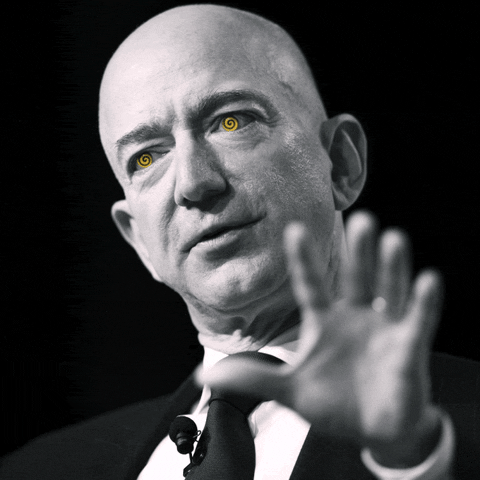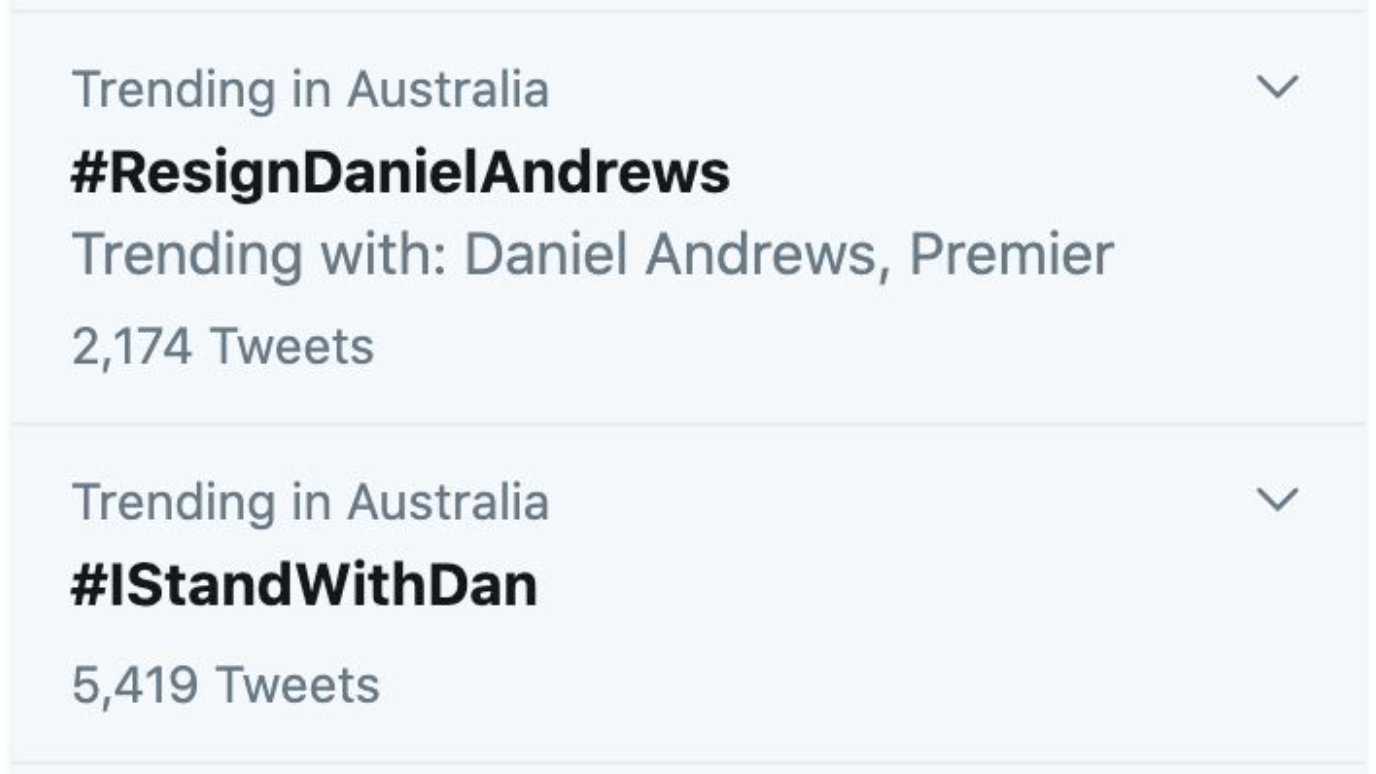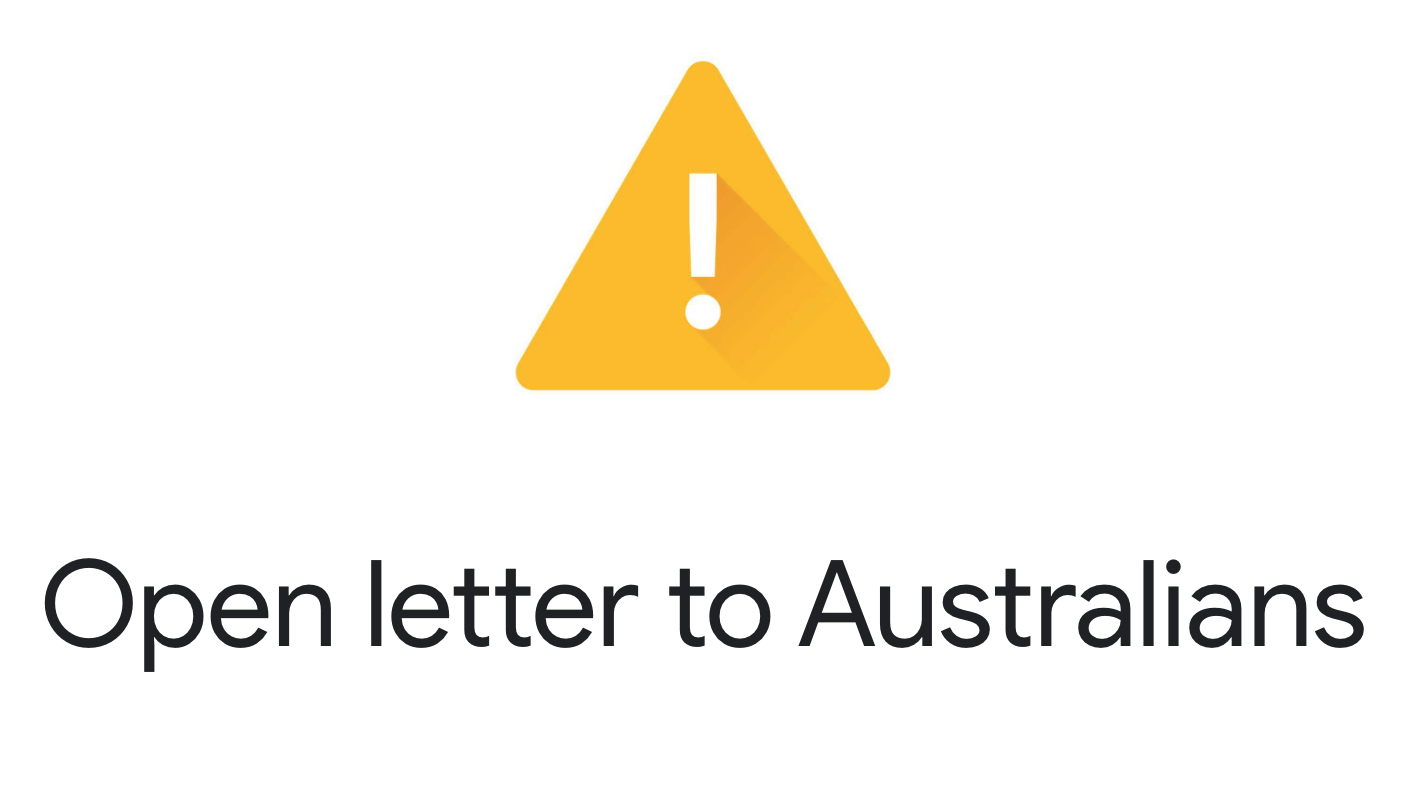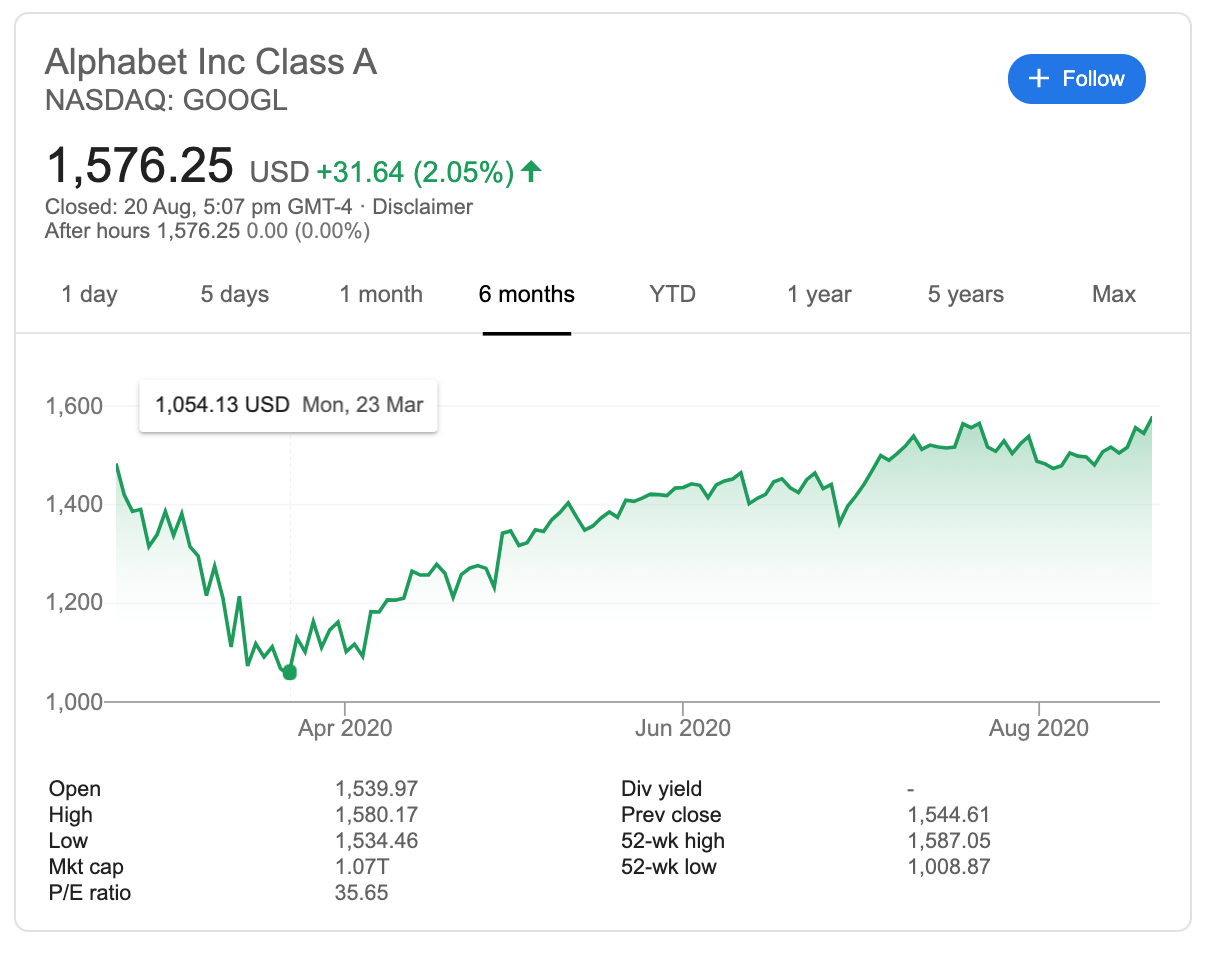
First off – here’s a link to the very first episode of my new TV show The Rebound to watch on 9Now. So far the feedback has been amazing. We’ll be doing lots of content on the social channels for it too – all of which are here.
– – –
The Tale of 2 Tech IPO’s
Recent IPO filings in the USA for two tech companies Door Dash & Airbnb are quite revealing for investors. Given that everyone is so in love with technology investments, it seems many players are claiming to be something they are not. It’s important not just from a regulatory perspective, but for anyone who plans to invest in the sector. So today, I’m going to help you get a better at understanding true technology / software plays versus those who, in truth pretend to be something they are not. Today, almost every business relies on software in some way. But those which are hybrid software – human labour businesses faces very different economics from true software pure plays. In short, always be nervous when a company calls itself a tech firm when their service isn’t possible without humans in every customer interaction. This is key. Below I have two examples. In my view one is a terrific technology firm, and the other is a disaster in the making.
DOOR DASH – IPO
DoorDash is a large US based firm specialising in app based food deliveries. Here are some of their key numbers below:
- Filed to float with a valuation around $13b.
- Lost $450m last year.
- Has already raised $1.9 billion from investors
- Relies on army’s of Gig workers who also happen to be fighting for rights / wages / greater compensation & benefits.
Main issue is that this are not real technology company, because it is really just using software to connect physical labour. The problem is that it has a technology company valuation. No amount of scale will solve their problem of ‘labour’ and if this can be automated via something like ‘Local Drone Delivery’ – then the restaurants can do it themselves and save the 20-30% fee they pay such services. The app delivery sector seems to be falsely propped up by Venture Capital investments so they can expand quickly, even if they lose money. By the way, these VC’s aren’t silly – but they’ll make their money when they exit at the IPO – it is the retail investors who will get caught carrying the can. The reason retail investors buy such stocks is that they falsely believe it will be like Google or Facebook, which too were unprofitable in their expansion phases. The fundamental difference here though, is that they were software pure plays. The delivery sector has the pesky people and cars problem which won’t just magically be solved.
We can add to this that the sector is highly competitive – with no real competitive moat. It tends to be lots of competitors in different geographies (in Aust we have MenuLog / Deliveroo / Uber Eats) all of which are unprofitable. Eventually restaurants will work out it is cheaper to do their own delivery with staff. If this sector is to survive at all, the future is probably just for a software firm to send orders to places for a single digit percentage fee – and not provide drivers or deliveries.
AIRBNB IPO
Now let’s compare this to internet darling Airbnb. They also filed for IPO, and some of their key numbers are below.
- Valuation around $30b.
- Raising $3b in capital at float.
- Lost almost $700m last year.
- But, turned a $219 profit this quarter.
- Sacked 25% of workforce at start of the pandemic – smart rightsizing.
They key difference with this firm is that it doesn’t rely on any physical labour to perform each transaction. It is purely connection via software, and hence deserves a technology company style valuation. It also has the advantage in that real estate is usually a solid margin business with higher price per transaction (Airbnb averages $167 USD per transaction). Compared to low order values of food delivery, it is simply a better business model. It has less running costs, no labour issues, higher value per transaction and it takes a smaller percentage clip (3%) from users. I feel this is a truly global powerhouse in the making with a very strong long term future.
The stories we tell ourselves and our customers (investors in this case) are all important. The narrative itself can make something worth twice the price – just think of luxury handbags. But when it comes to investing, we need to be sure the story matches reality, because eventually the numbers will reflect the truth, and the market will wake up.
Keep Thinking,
Steve.
– – –






